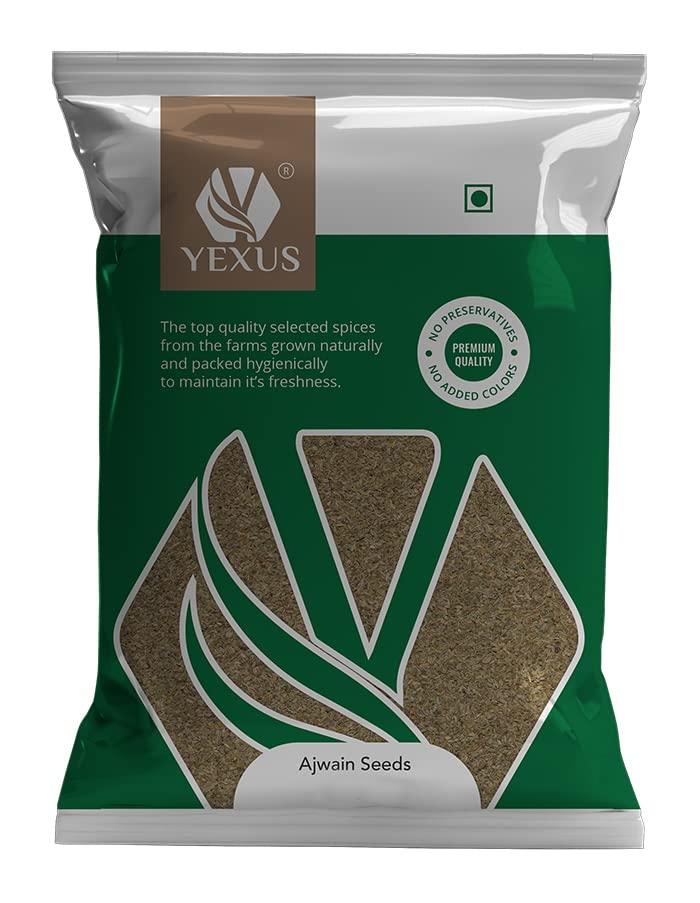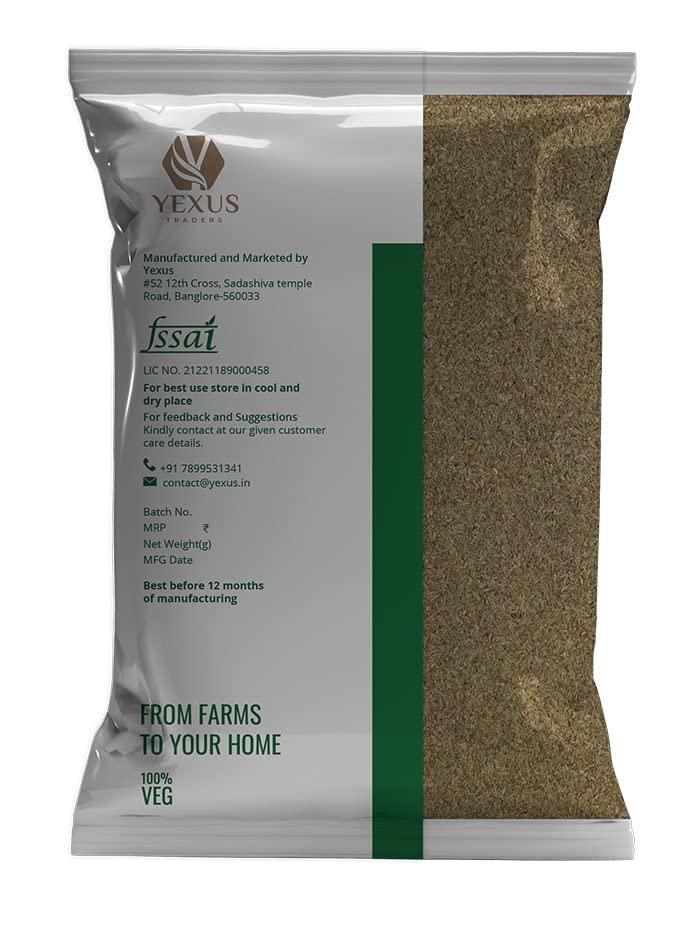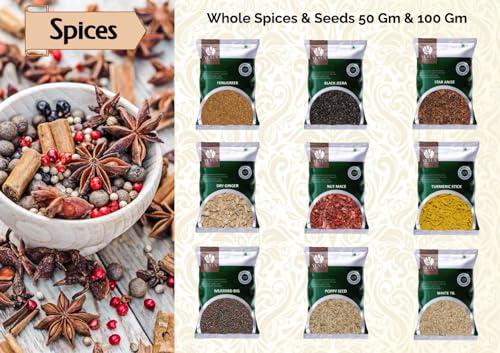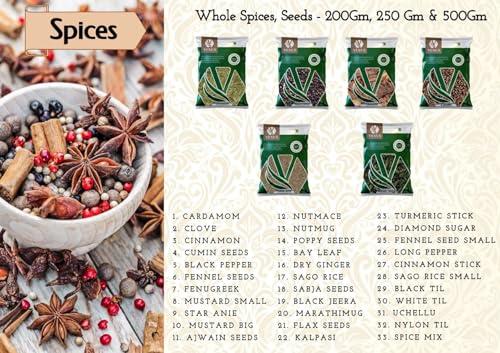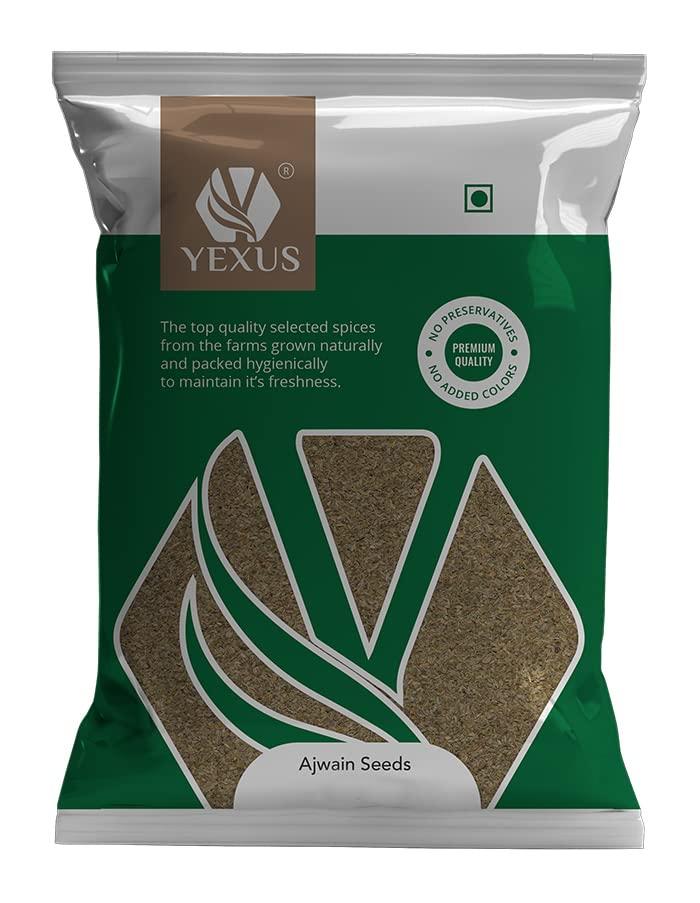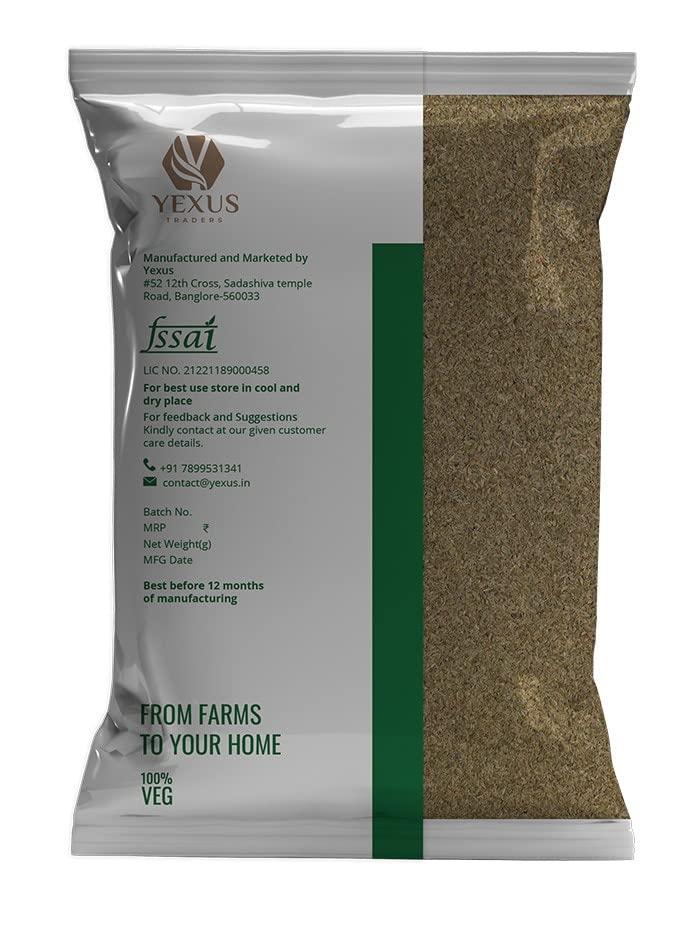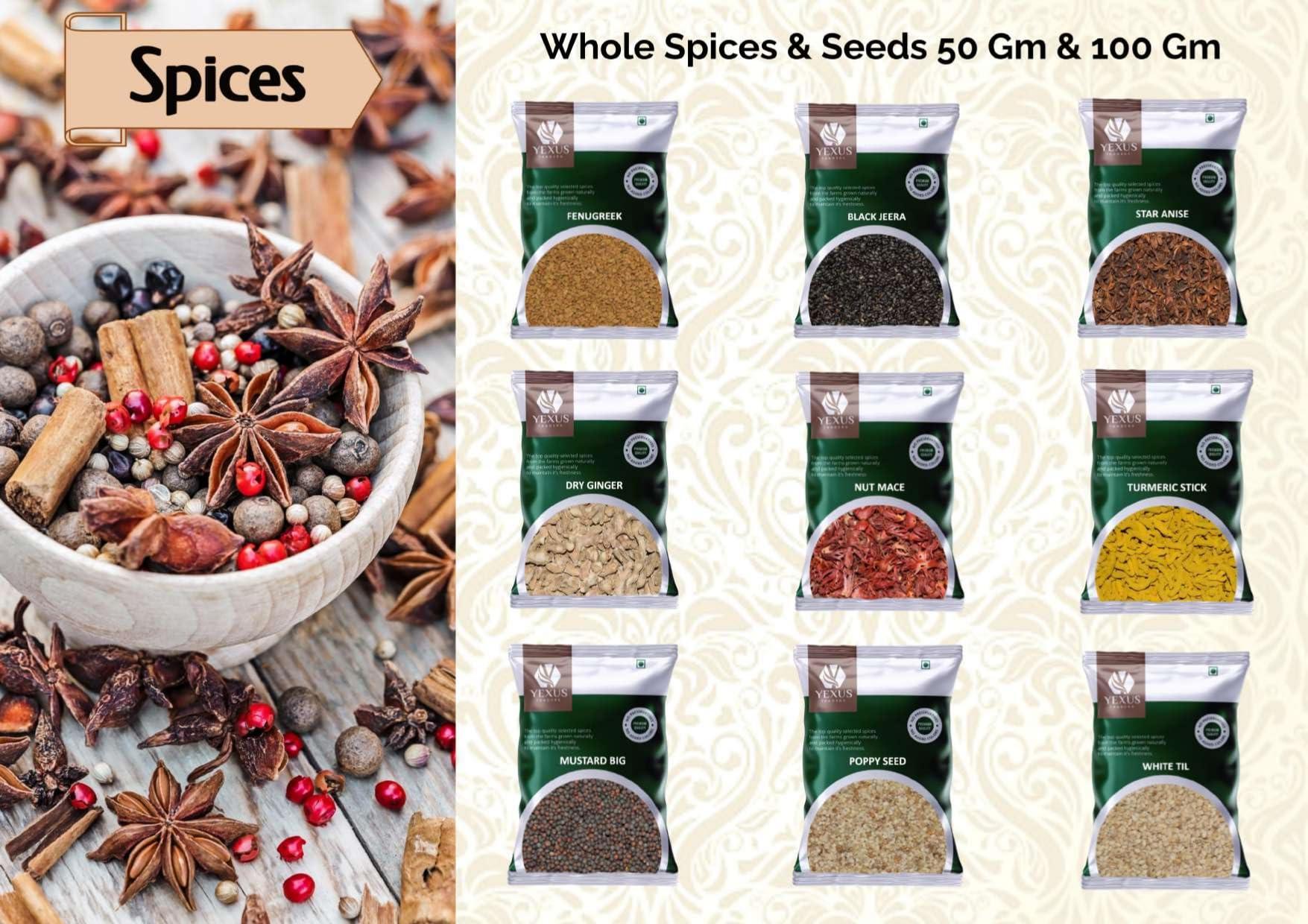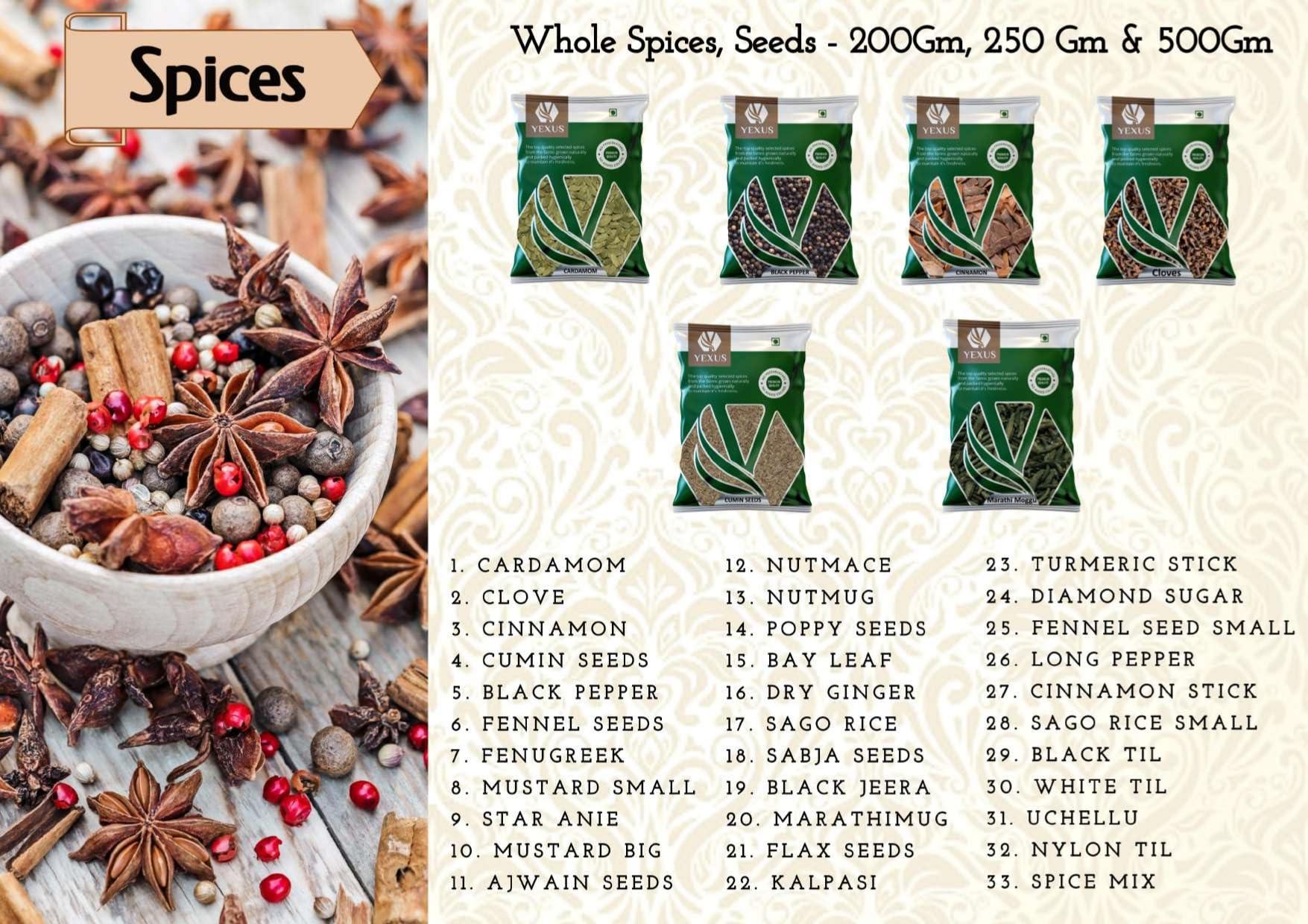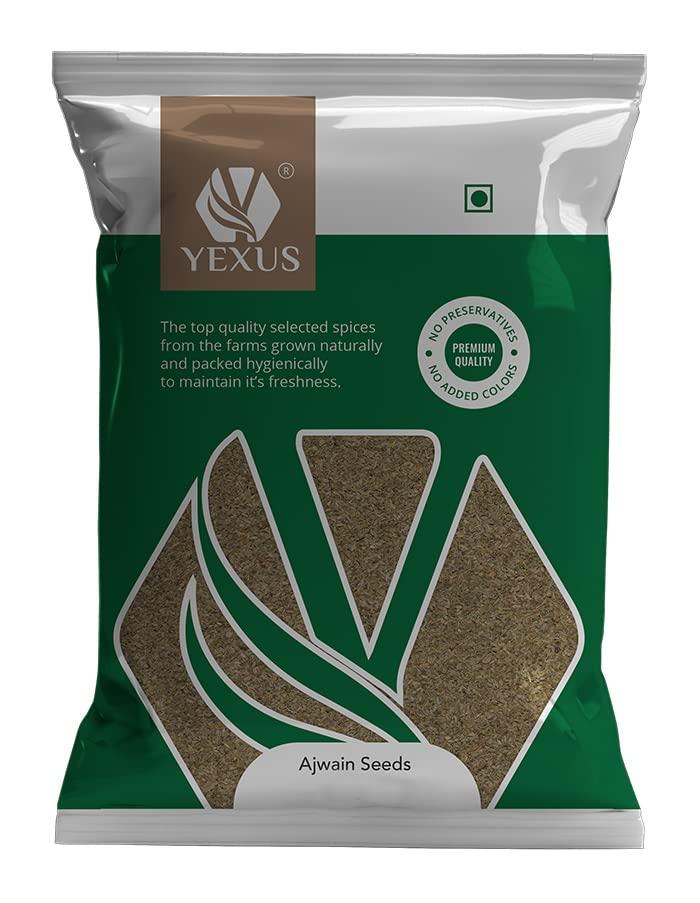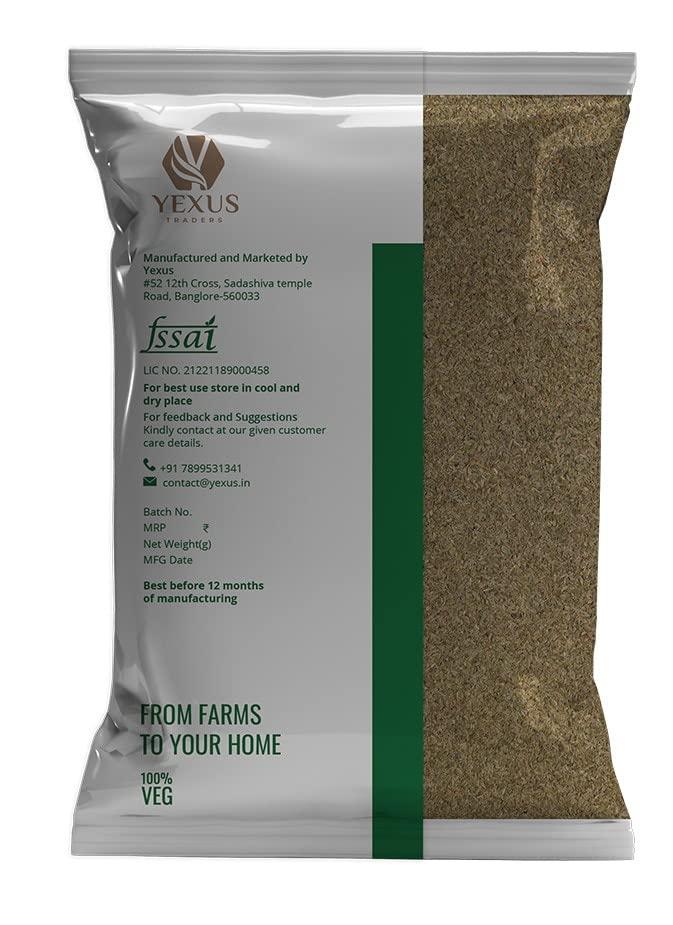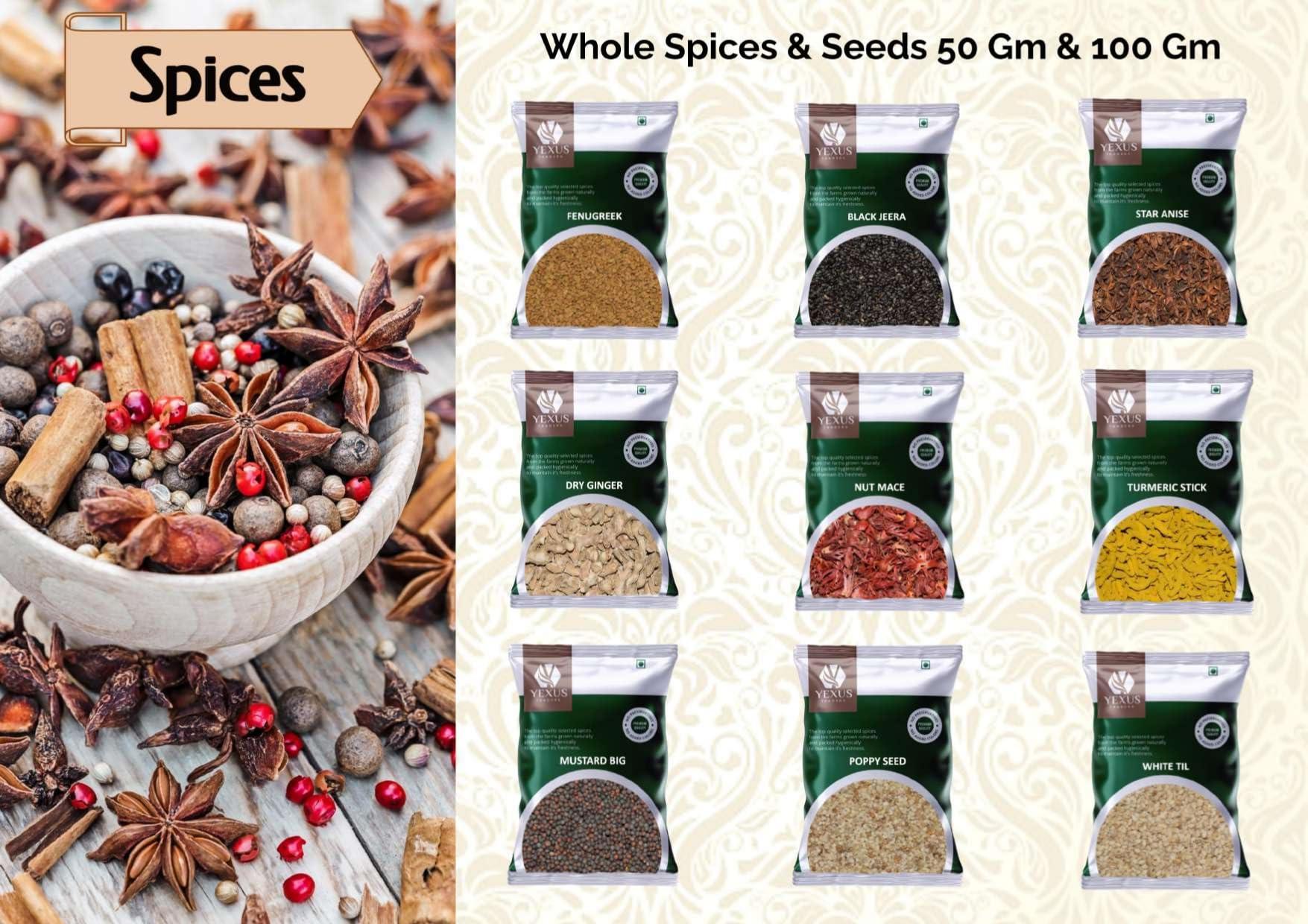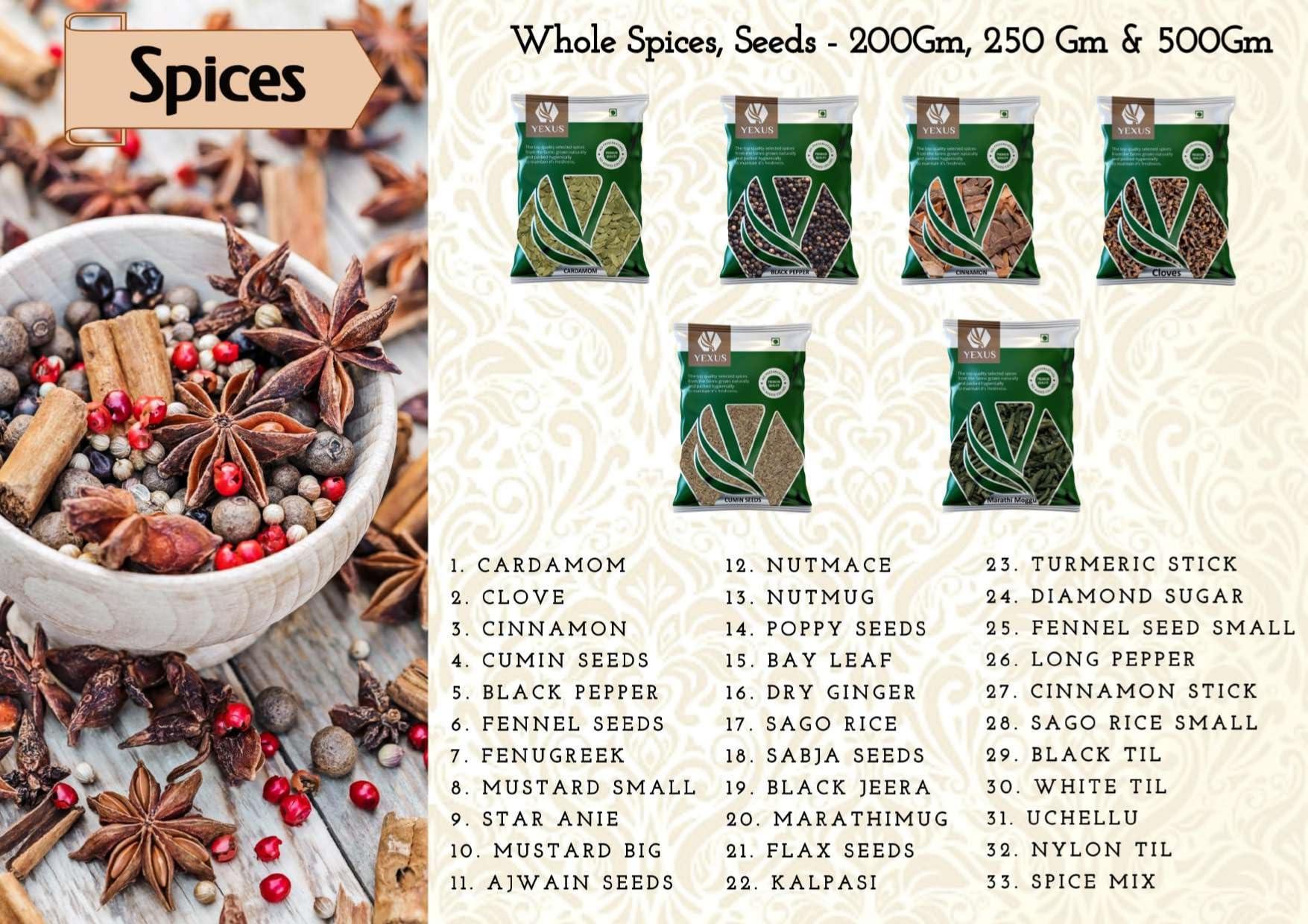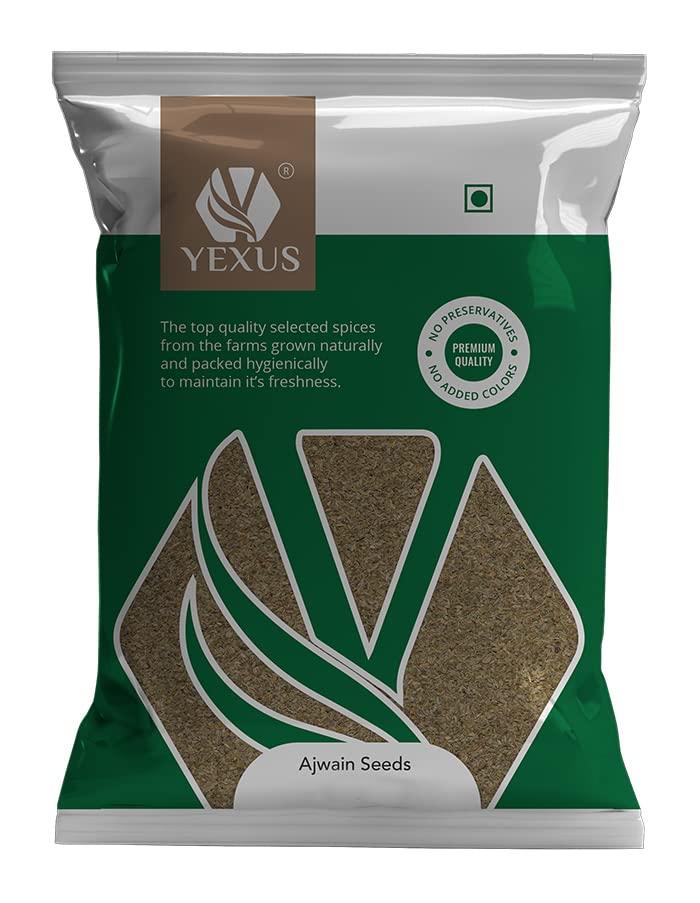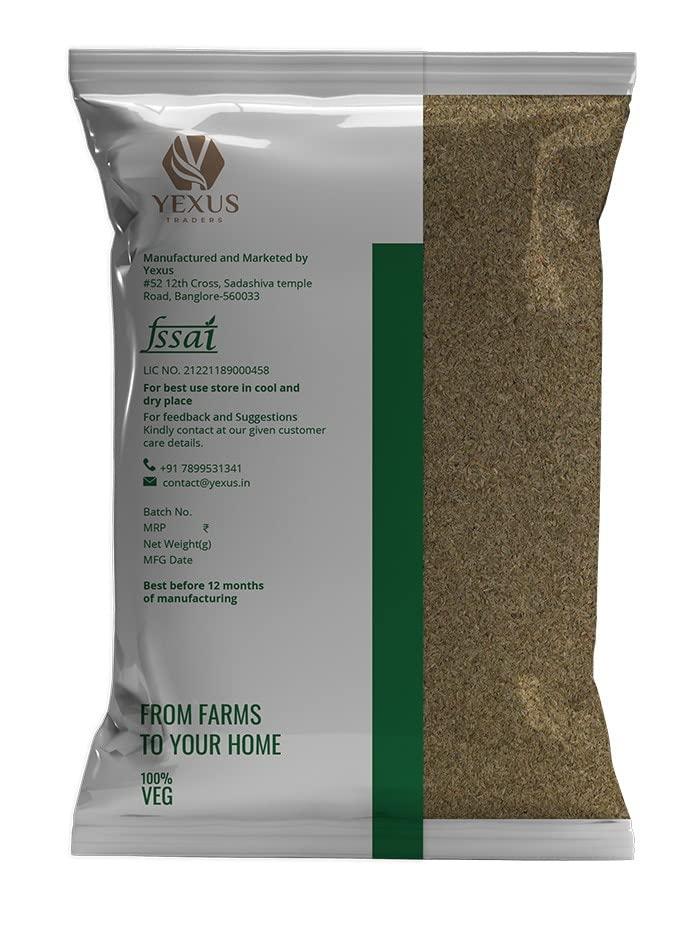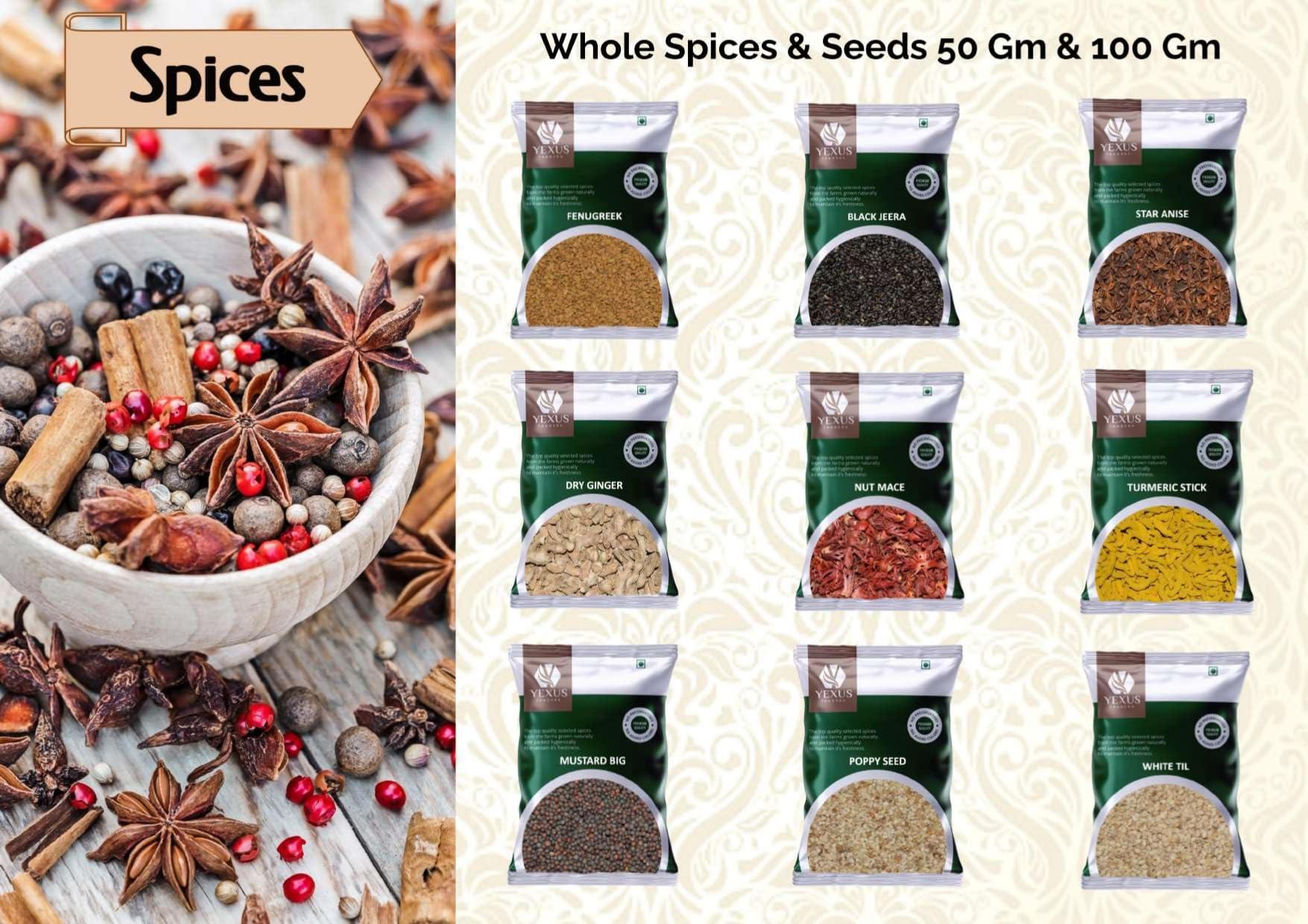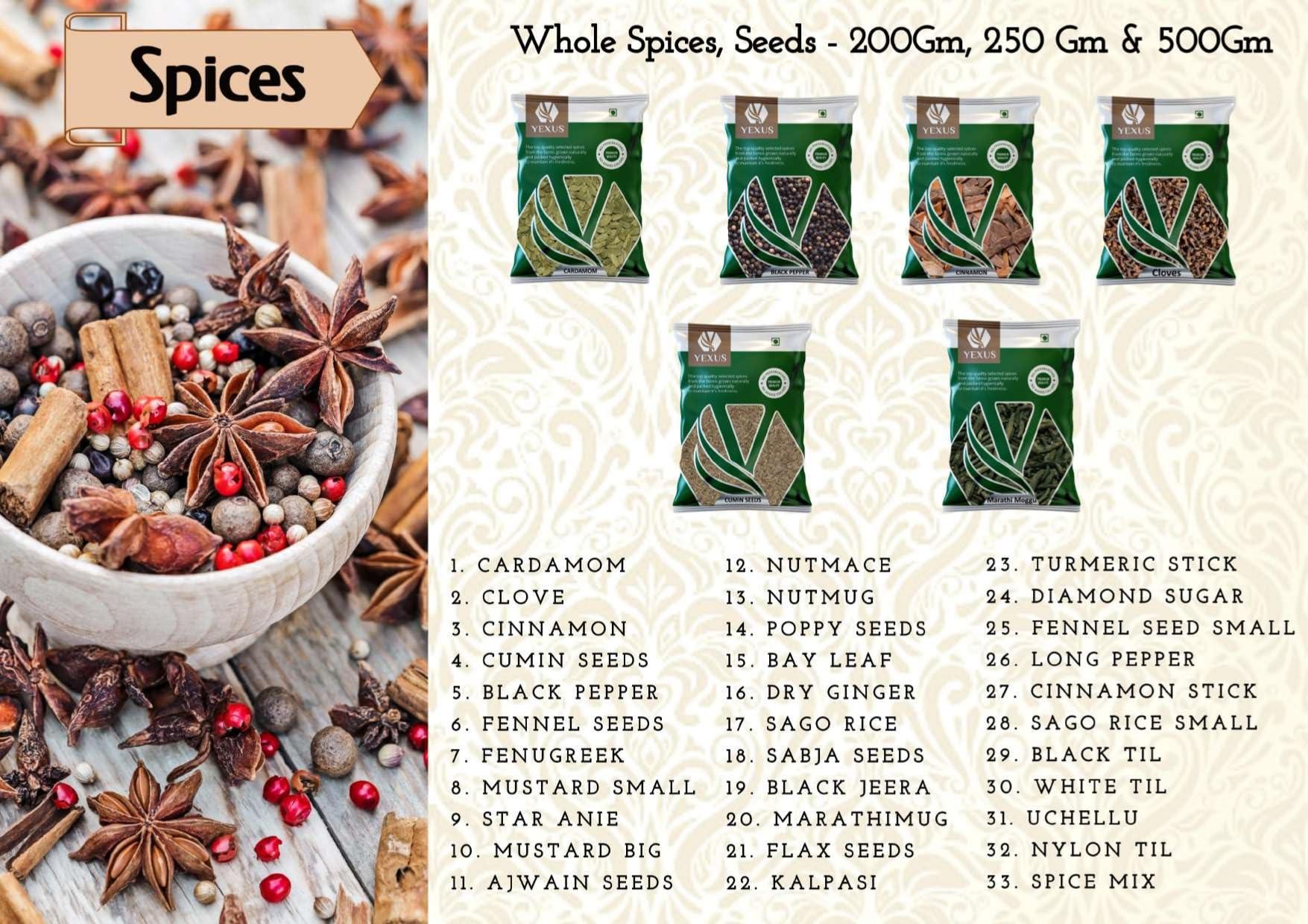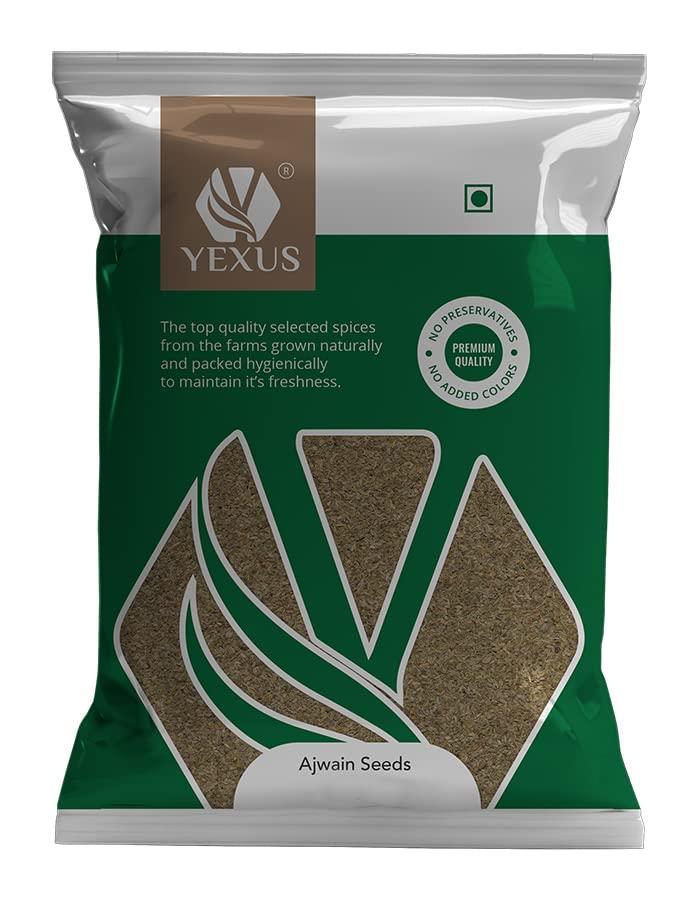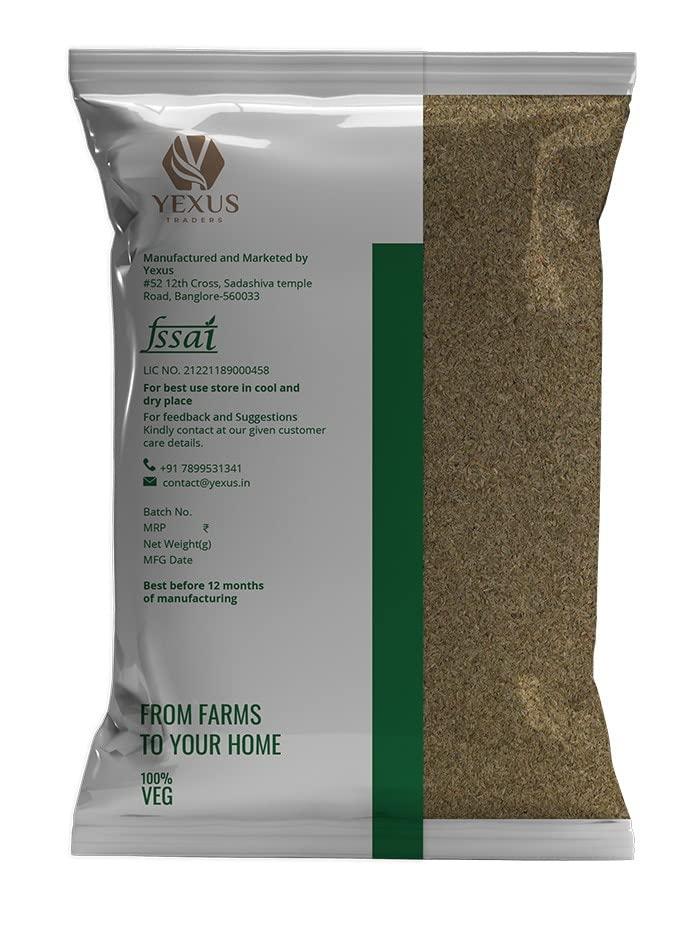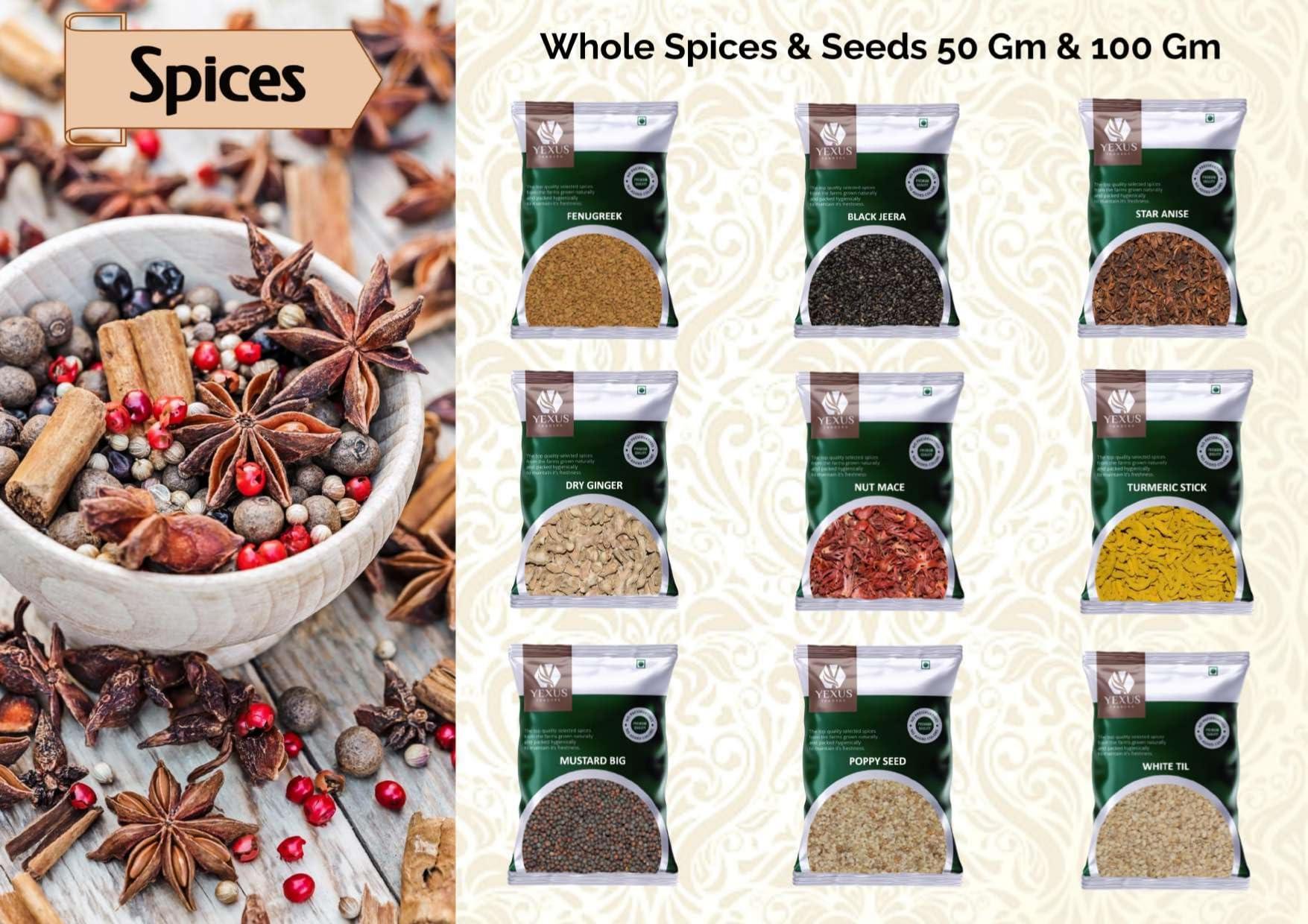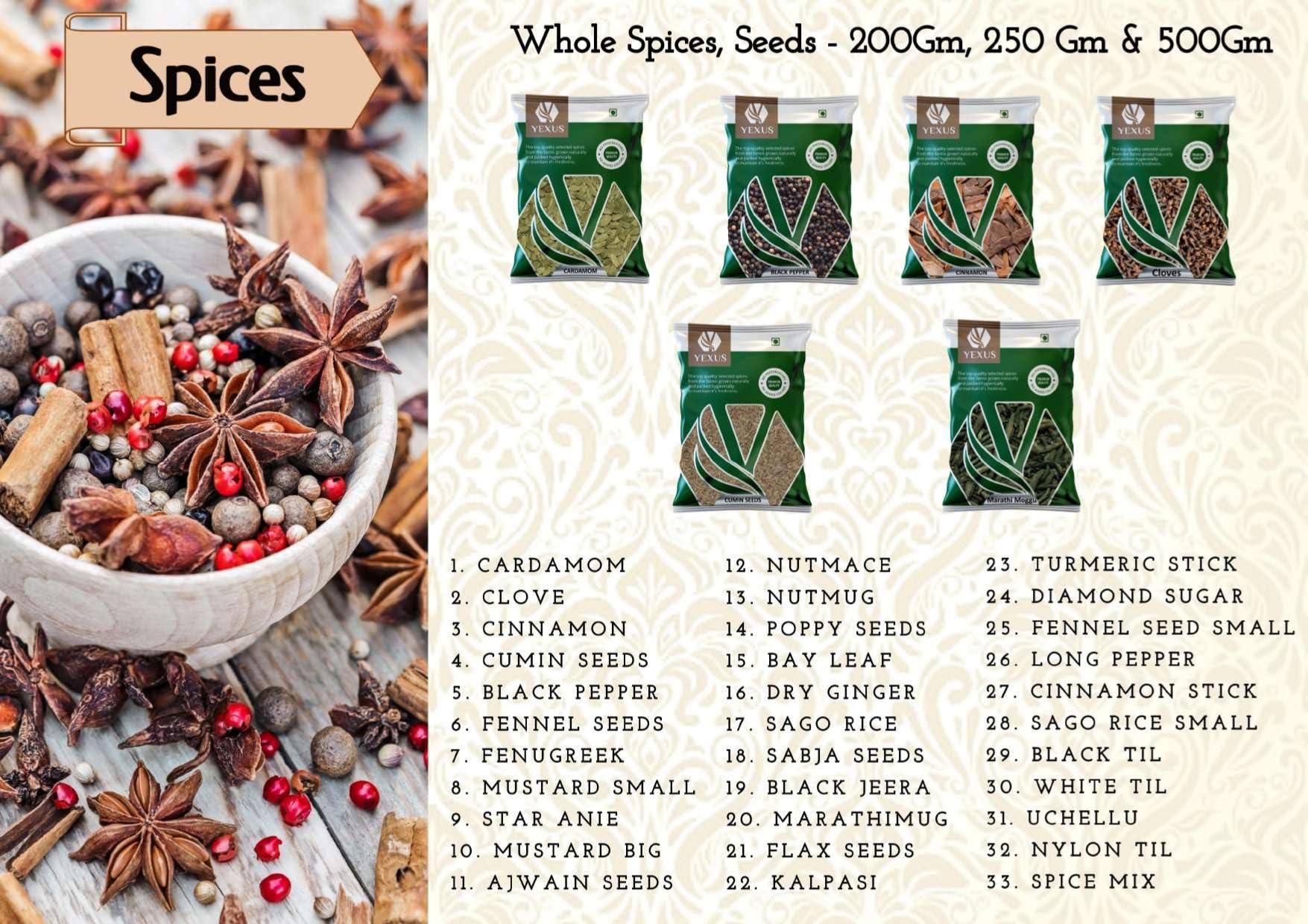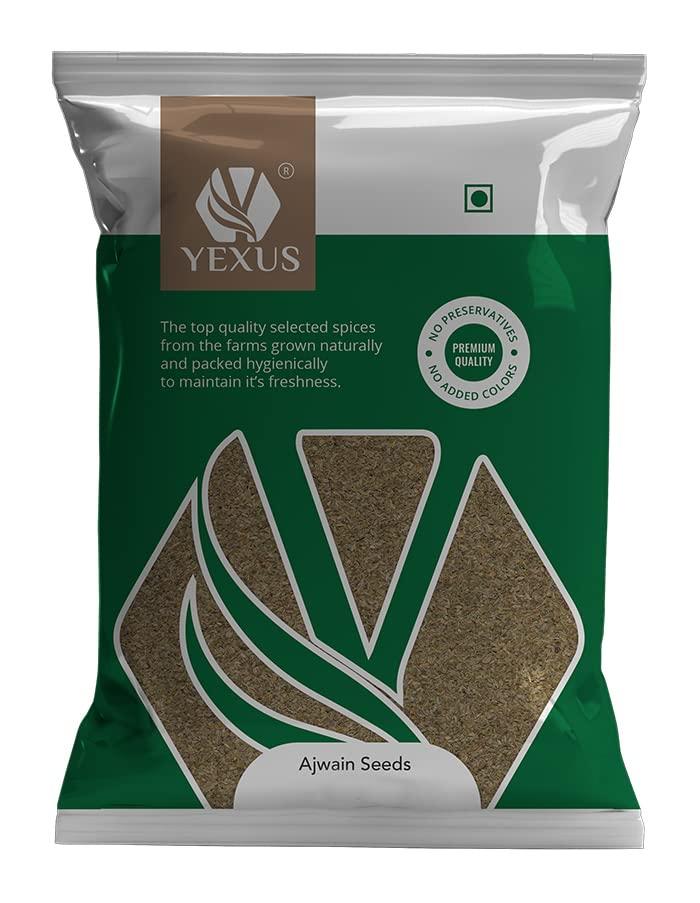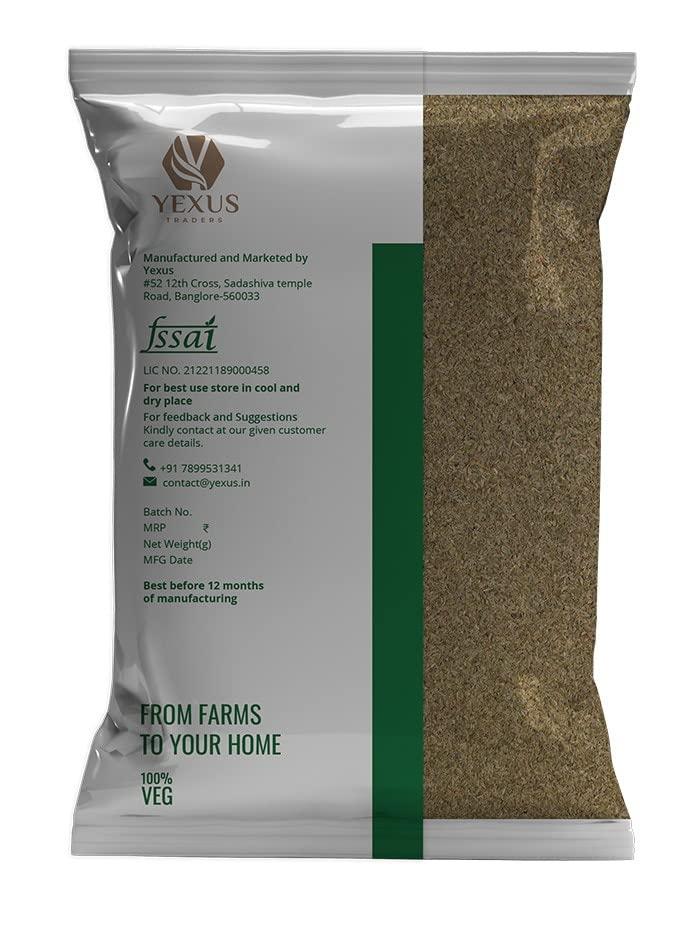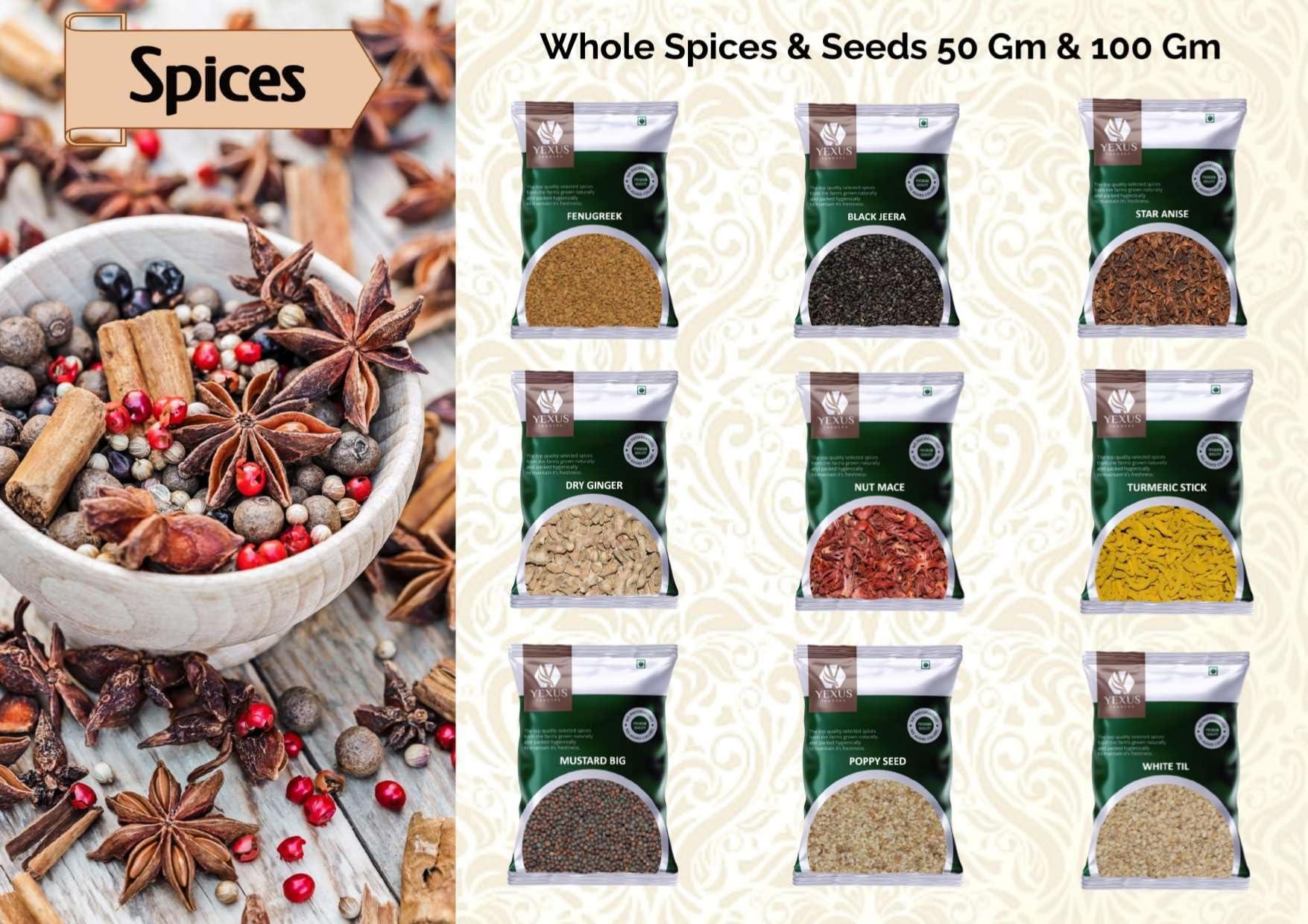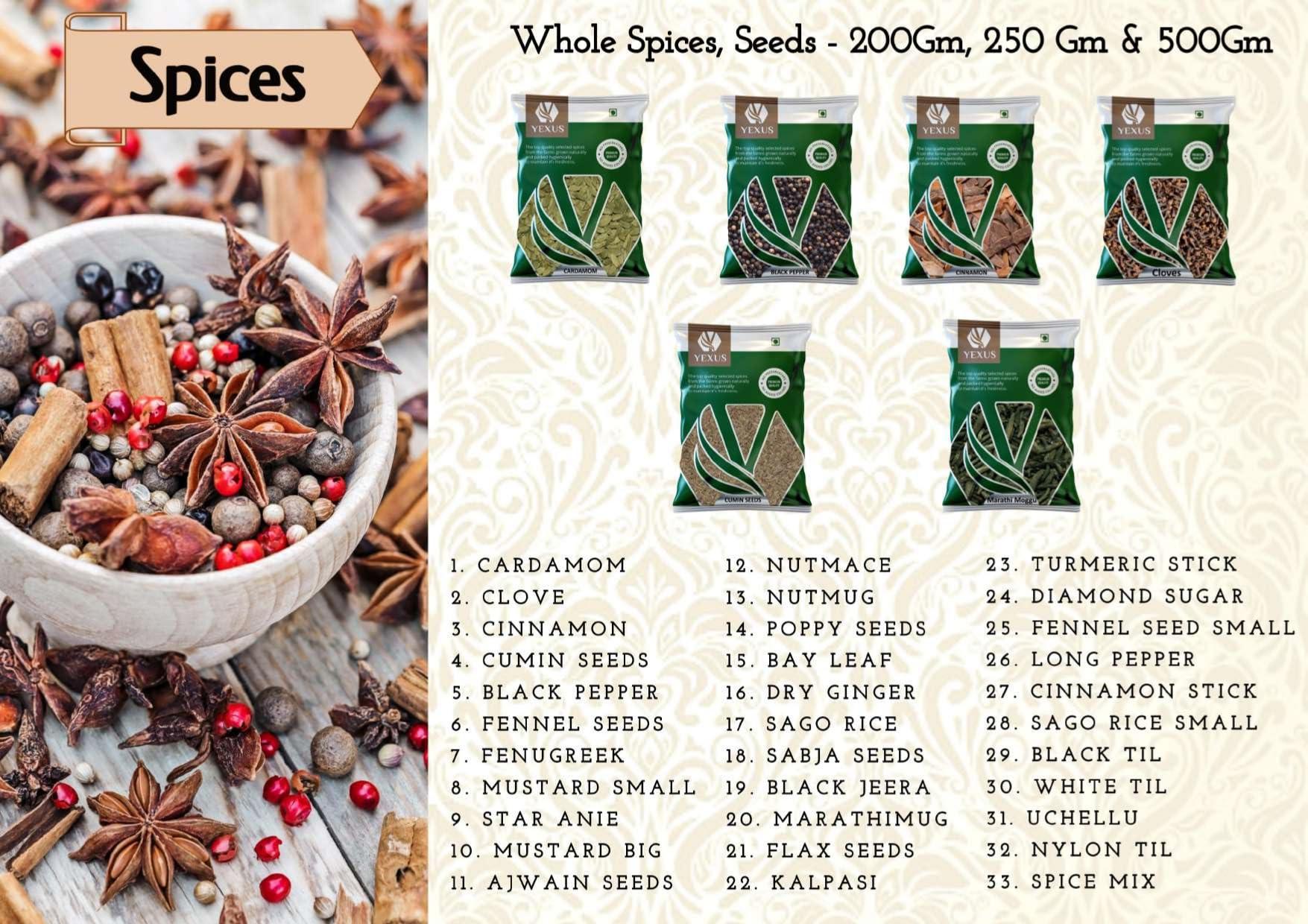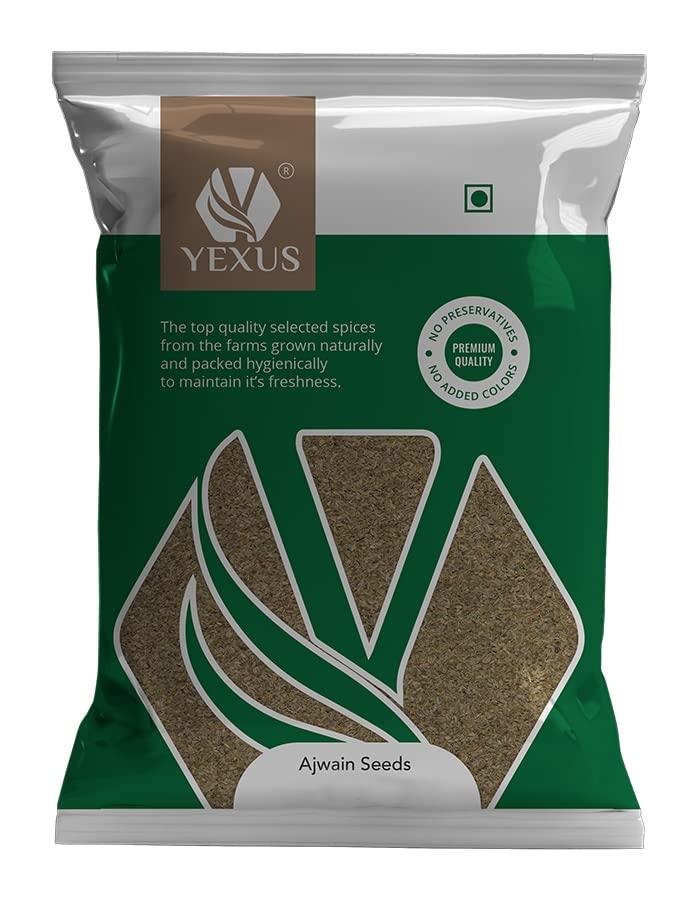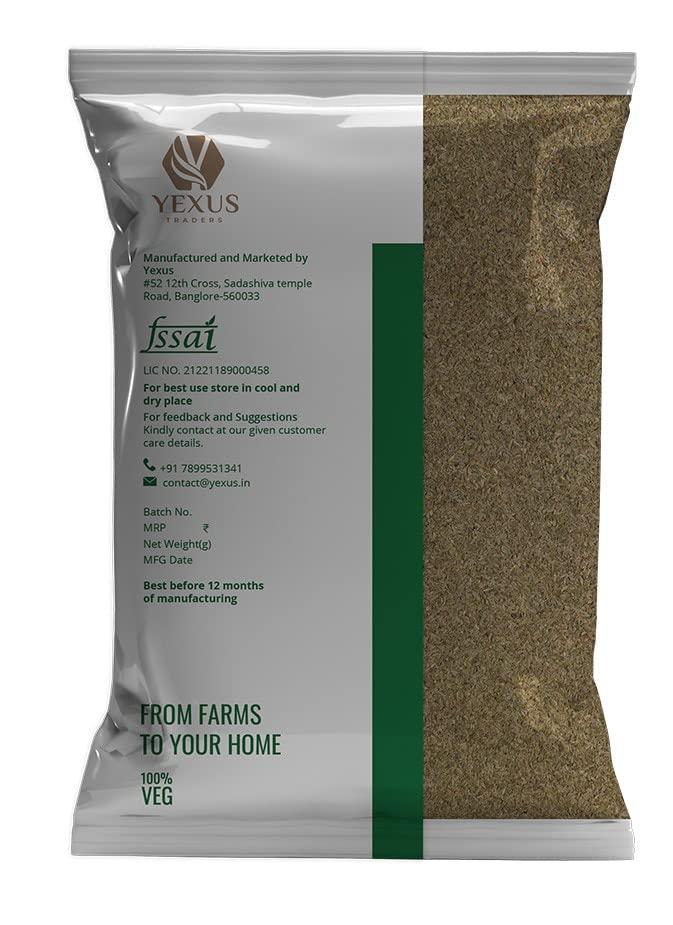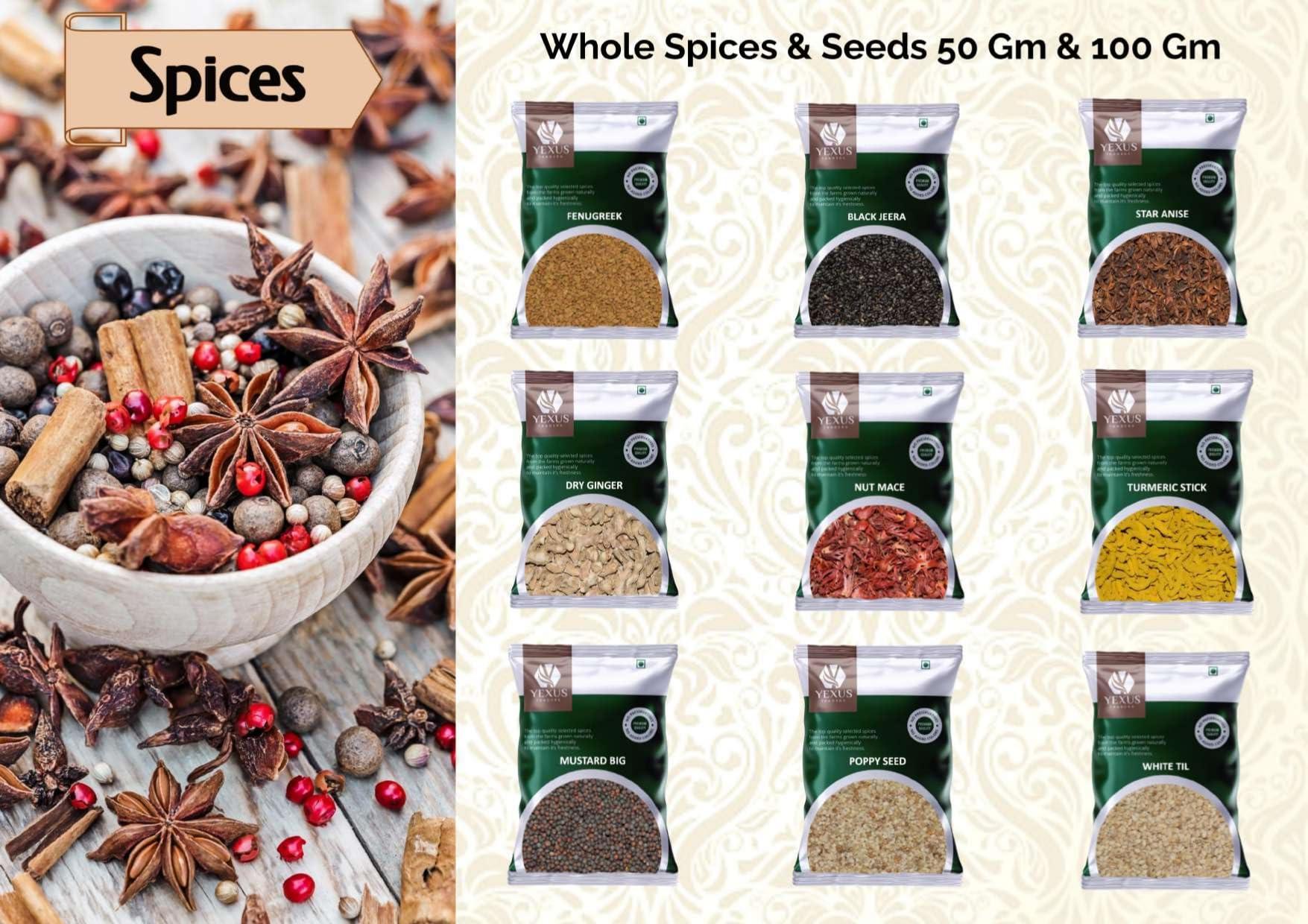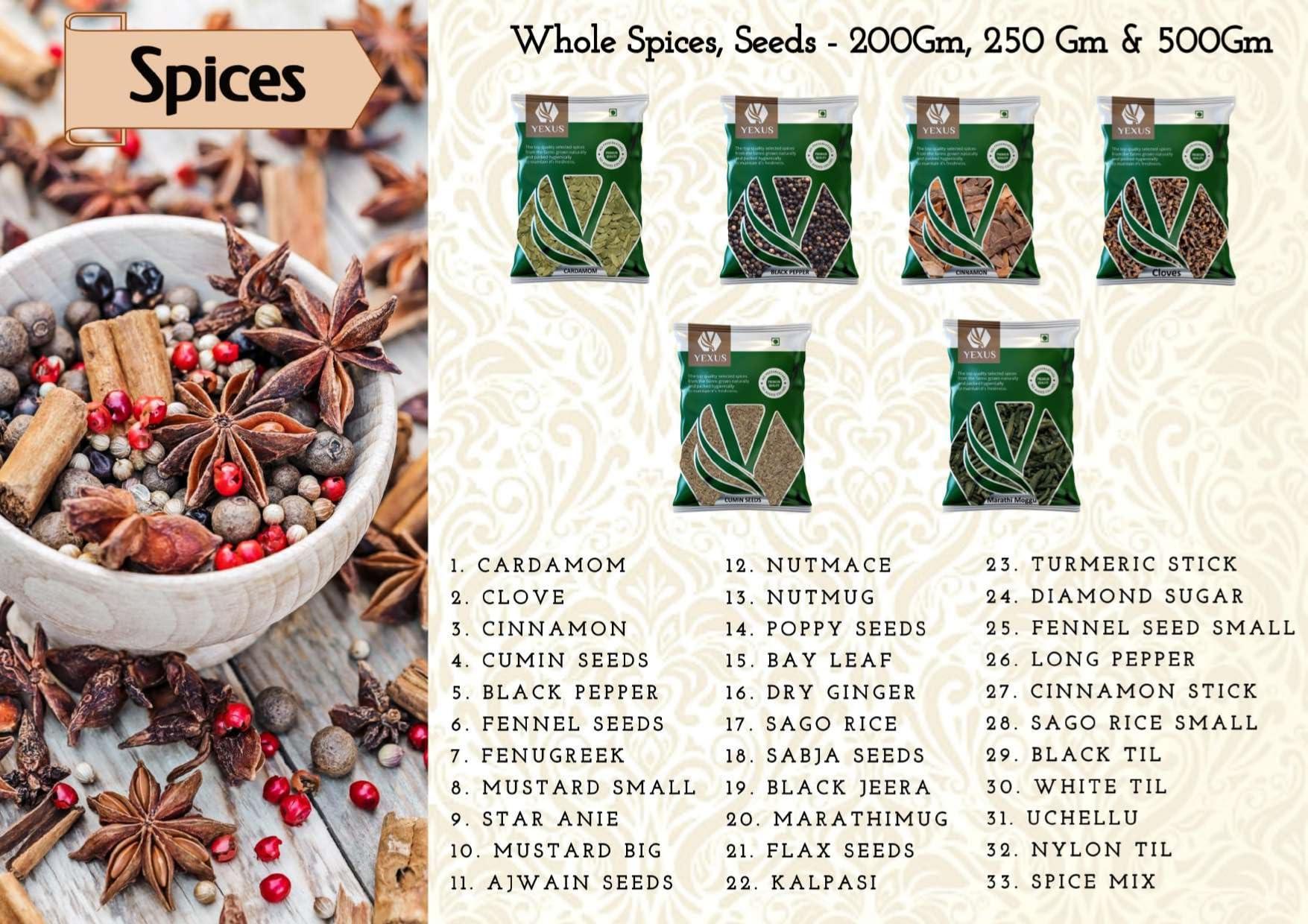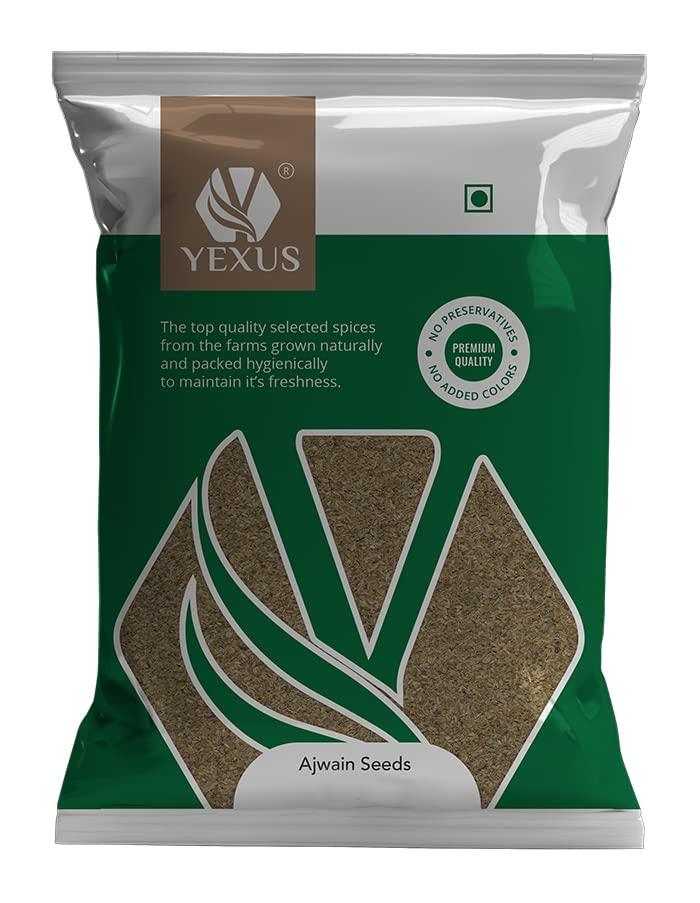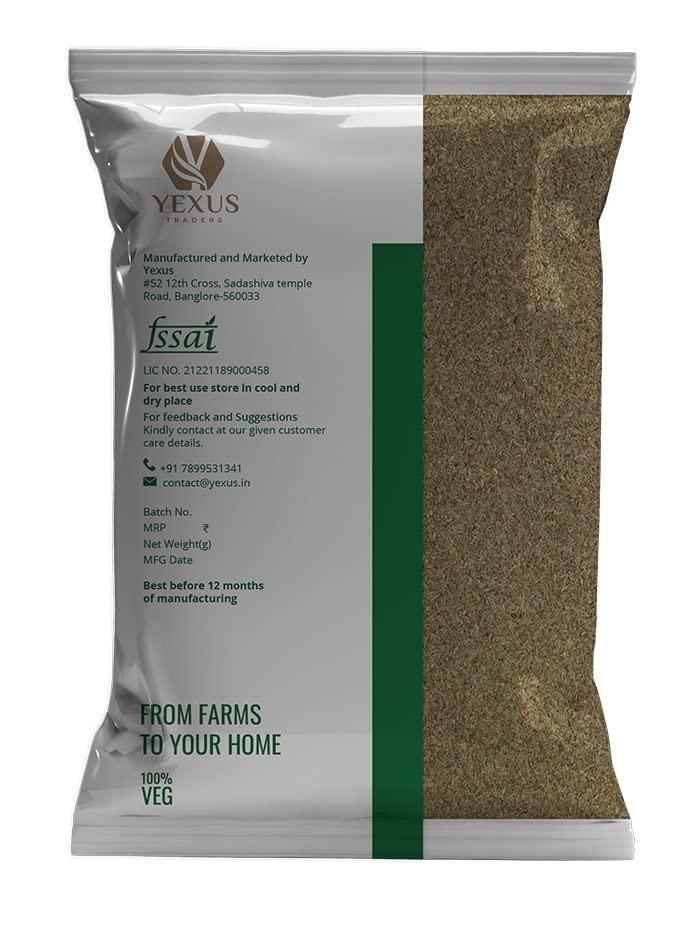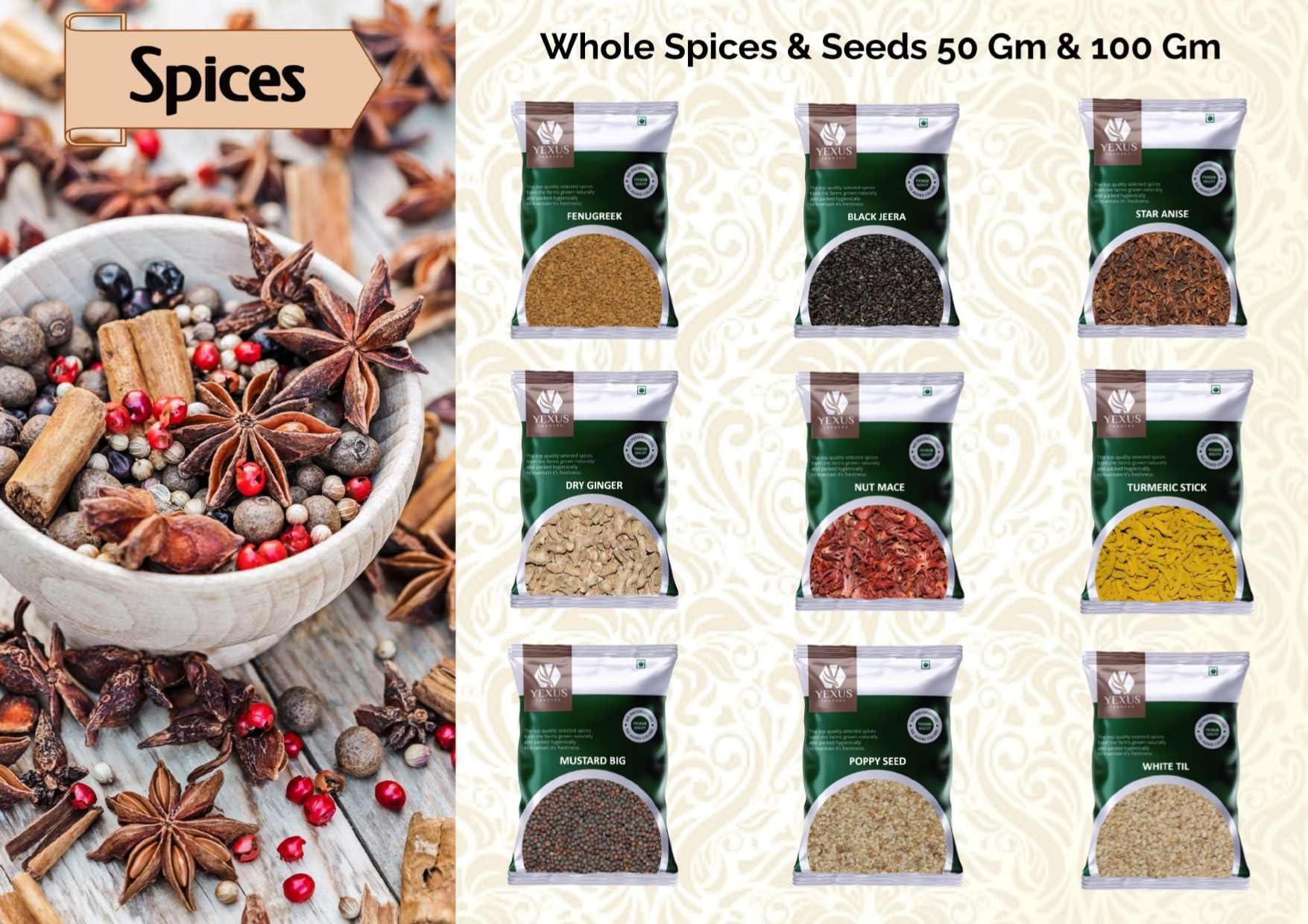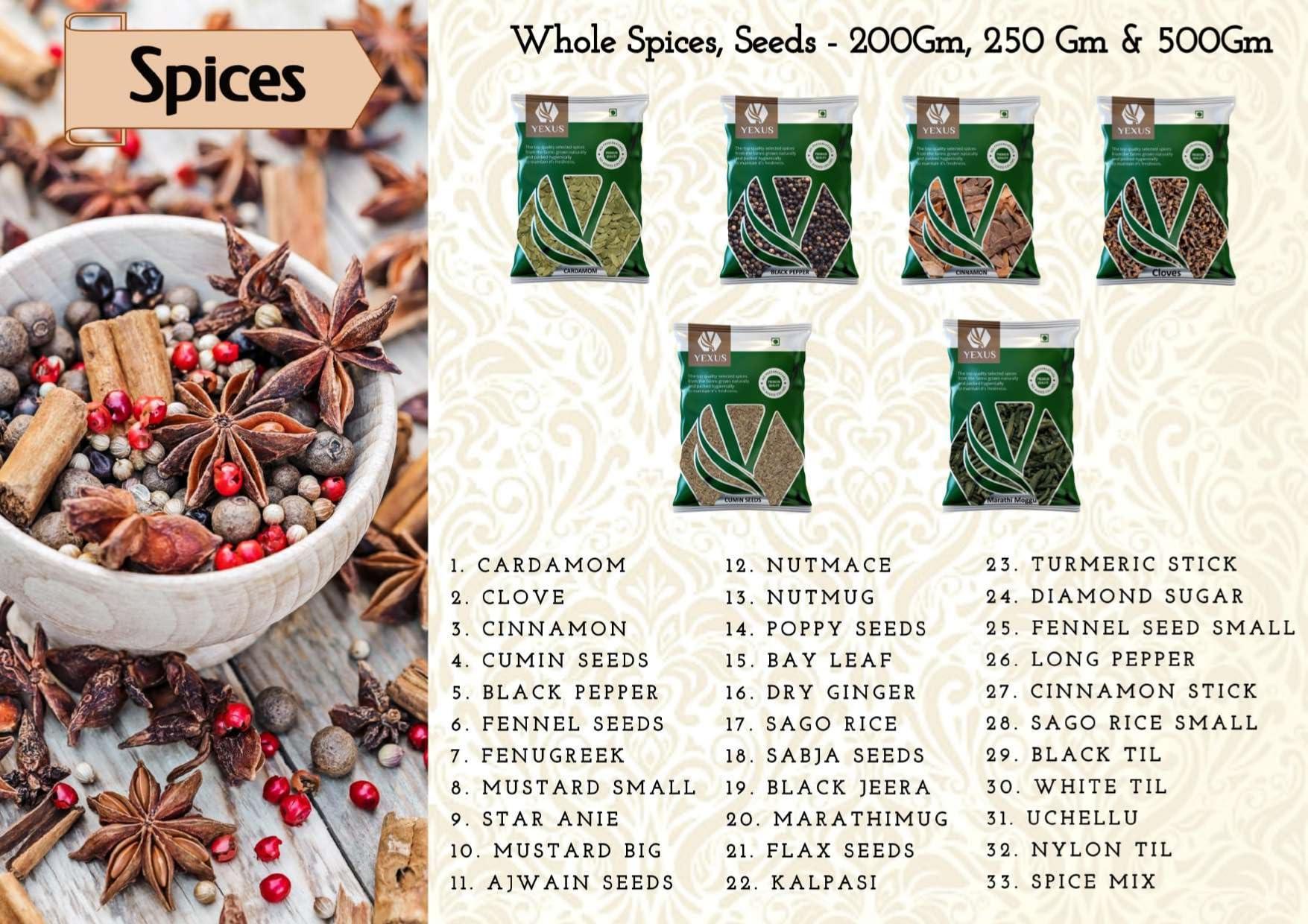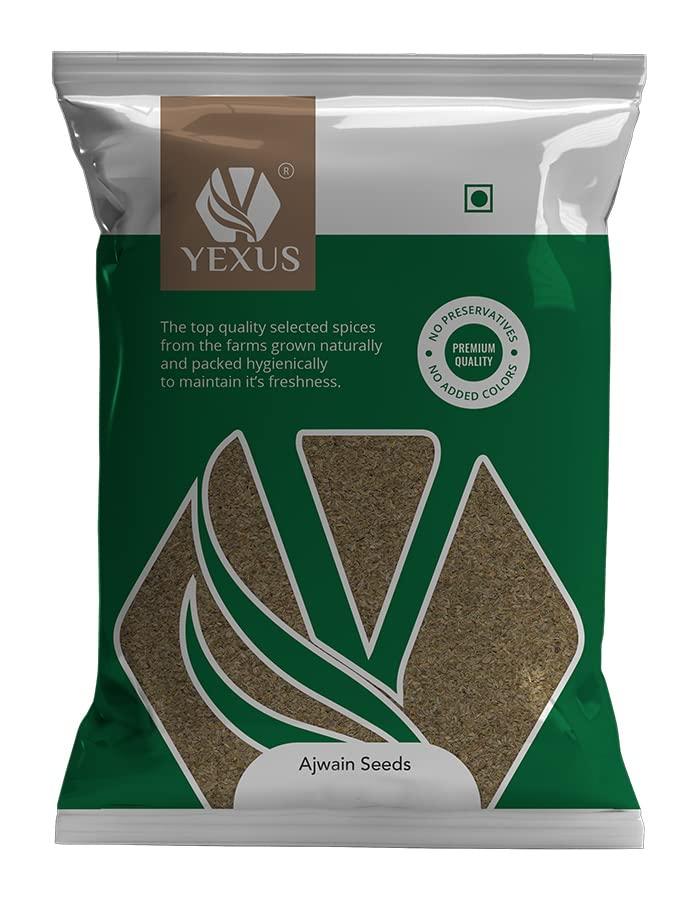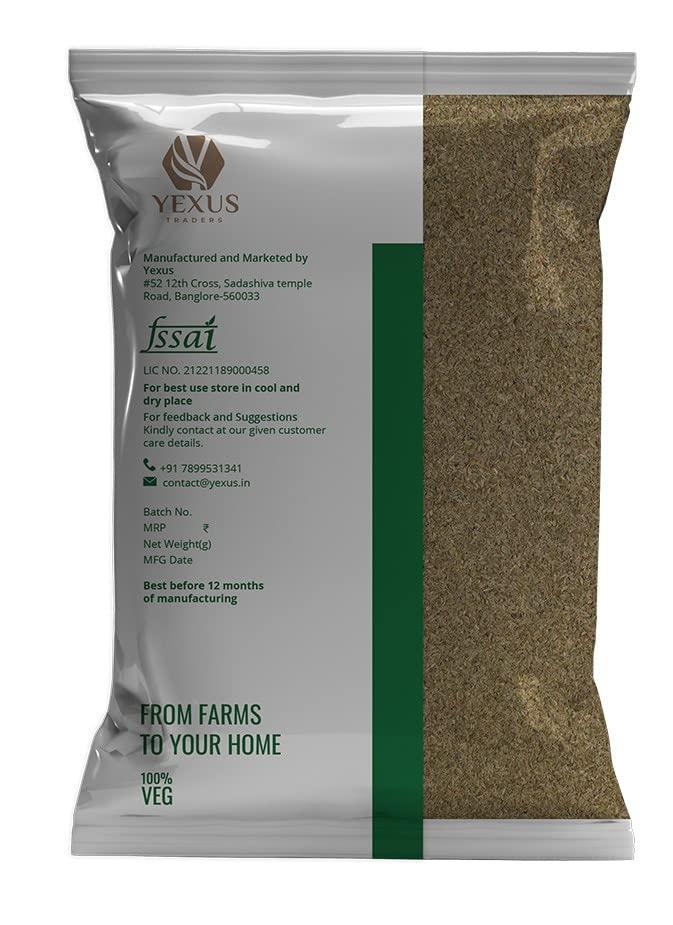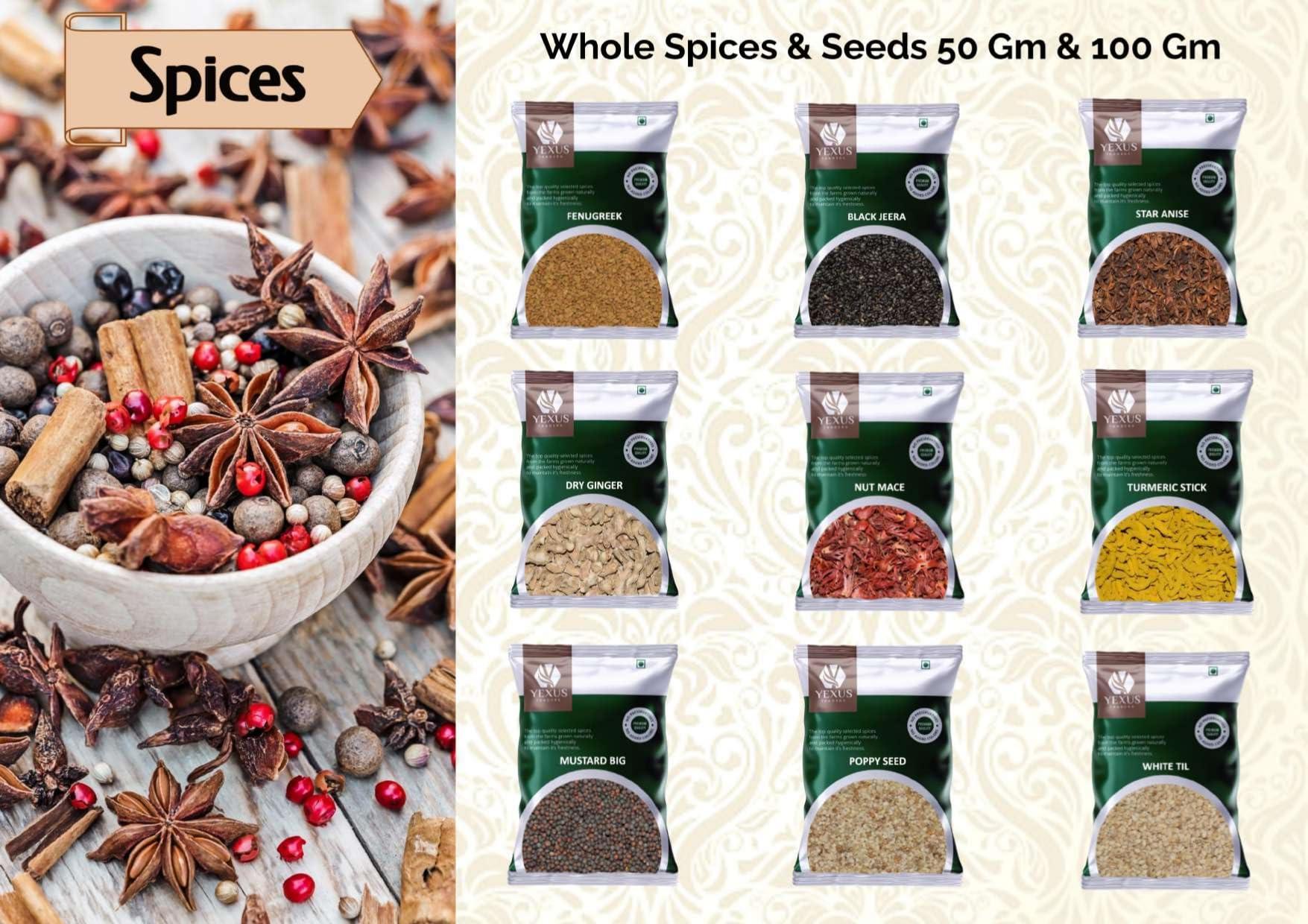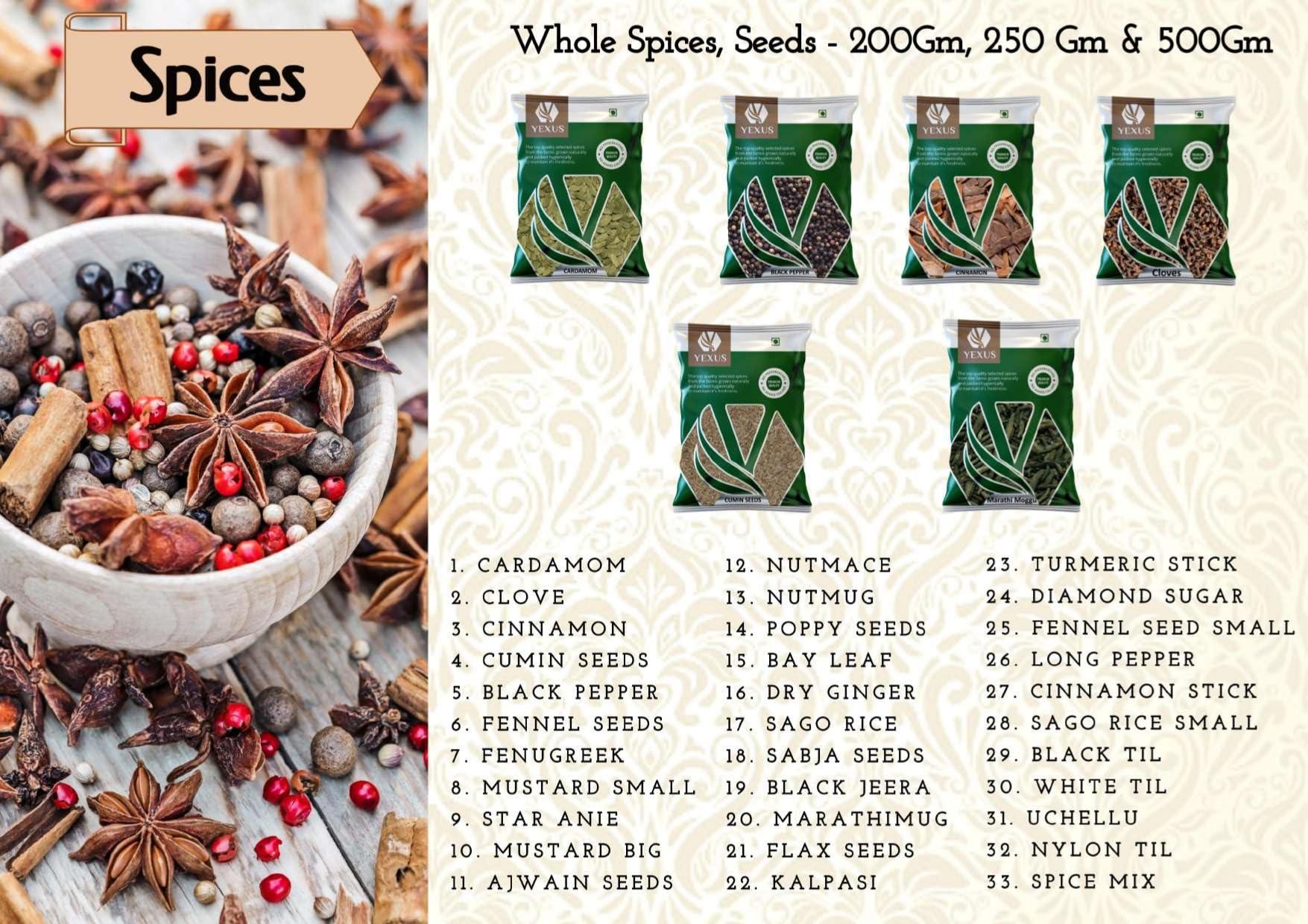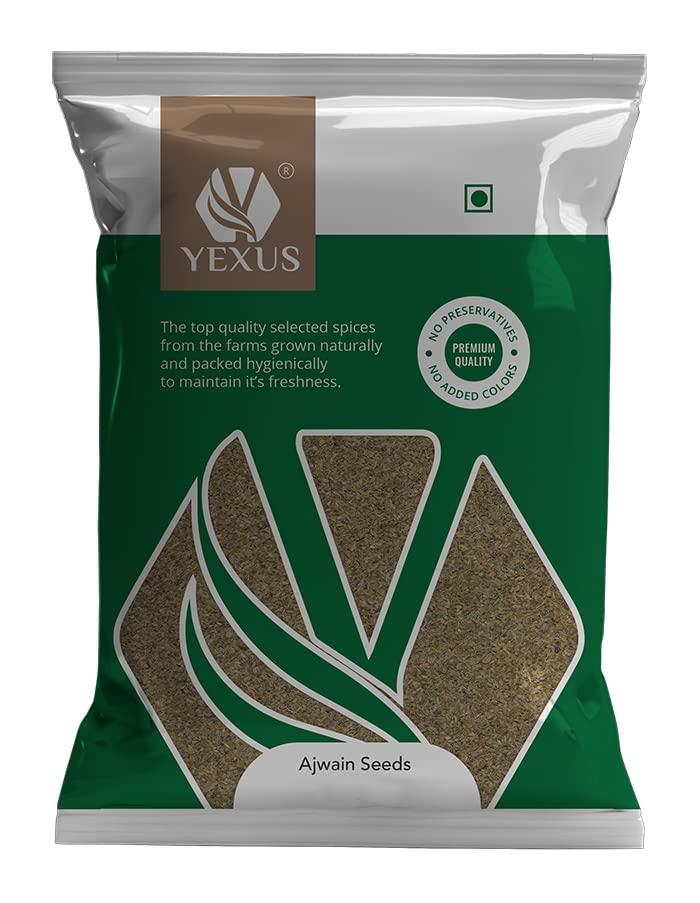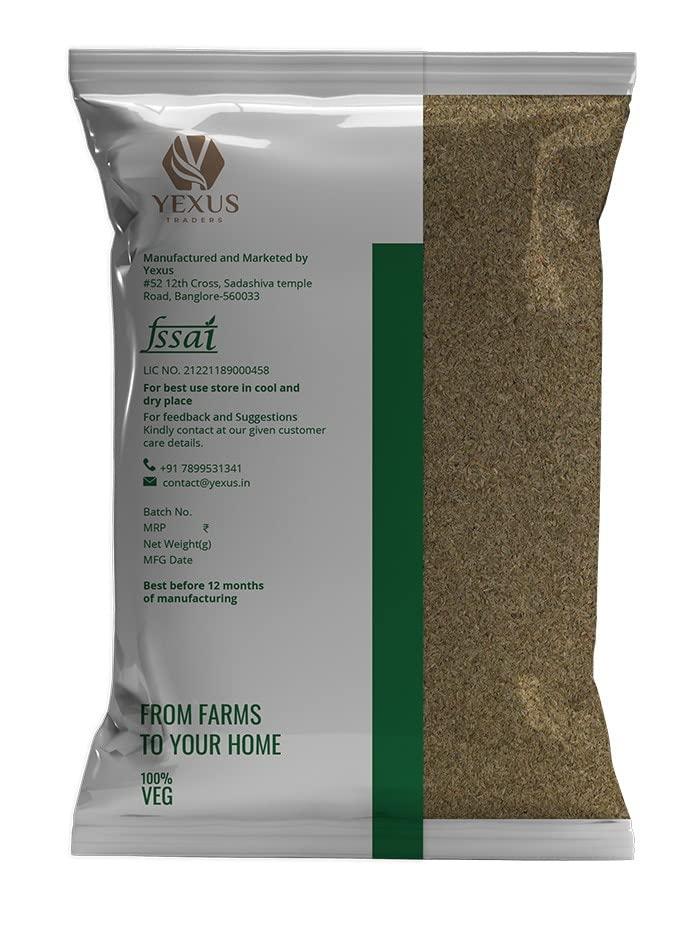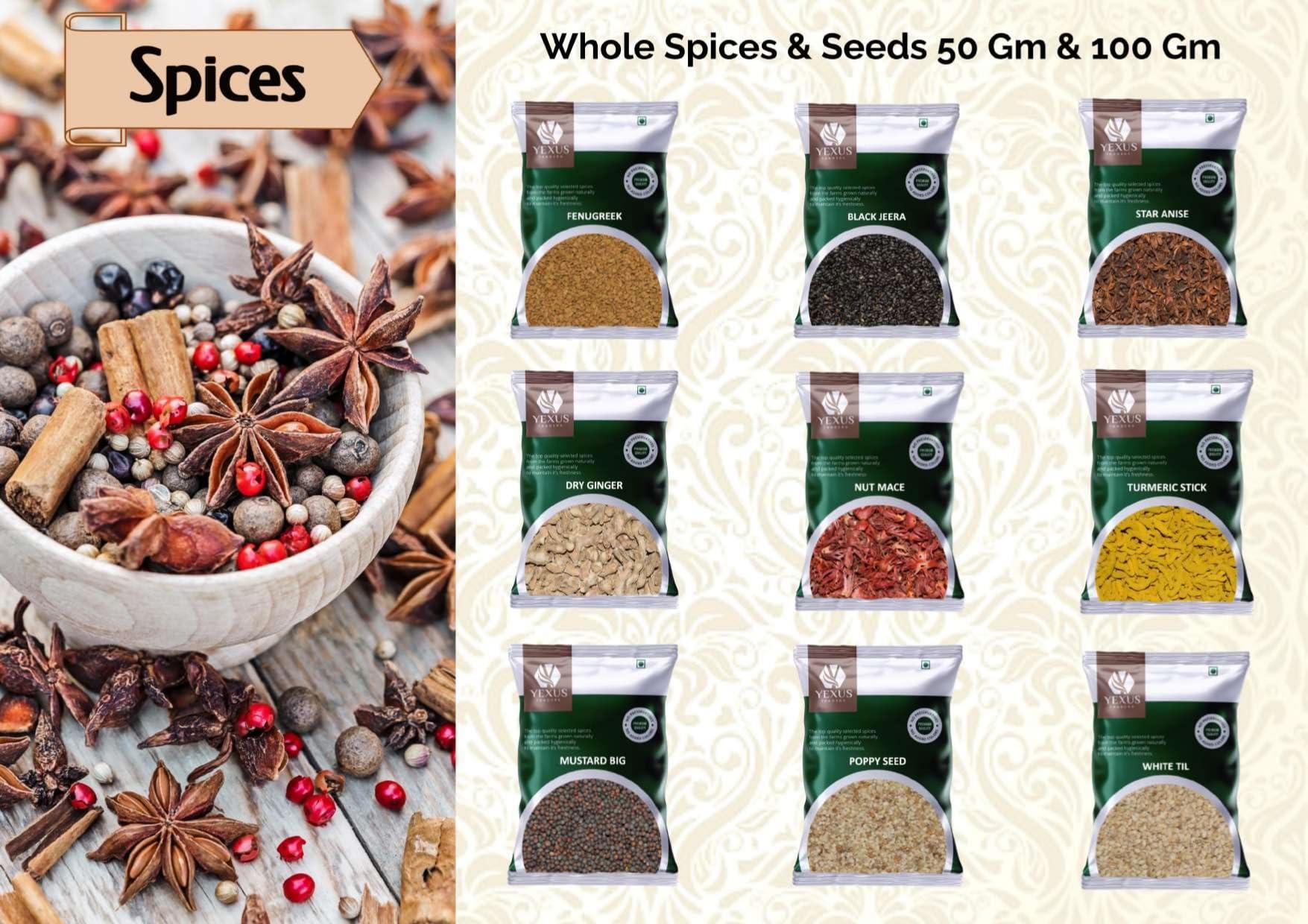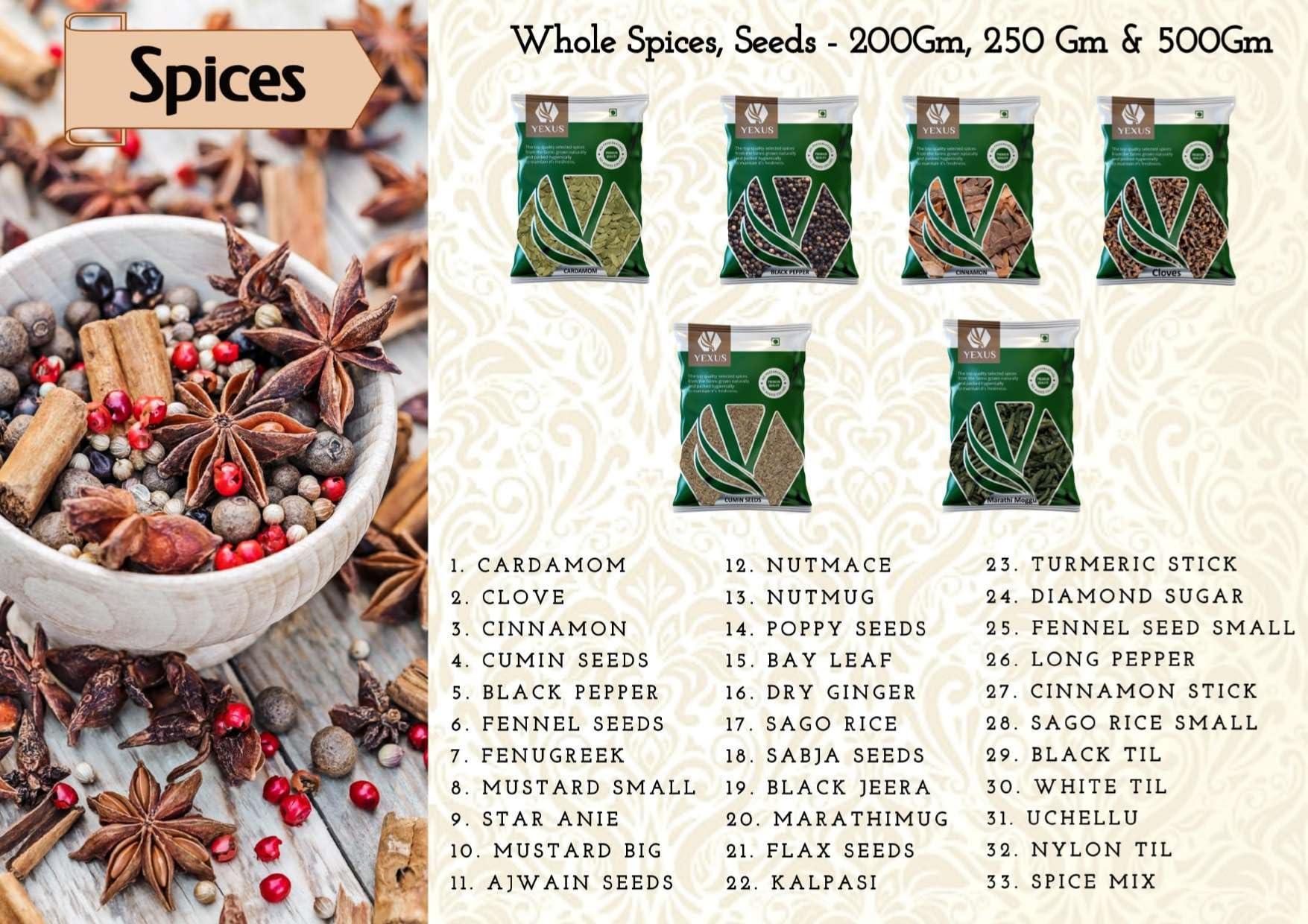Description
- Active enzymes in ajwain improve the flow of stomach acids, which can help to relieve indigestion, bloating, and gas. The plant can also help to treat peptic ulcers as well as sores in the esophagus, stomach, and intestines.
- Carom seeds have powerful antibacterial and antifungal properties.
- Ajwain is of Indian origin and has many health and medicinal values. Ajwain seeds are rich in fiber, minerals, vitamins and antioxidants. It is a well known remedy for stomach ache, intestinal worms, earache, toothache, influenza, arthritis, nasal blockage.
- Ajwain seeds have a bitter and pungent taste. Mostly used in deeply fried foods in india to helps in maintain the digestion of the body.
- Ajwain is used in Indian cuisine to enhance flavor because it has a strong, dominant flavor. It is used in tadka, paratha,samosa shells, potato curries, mathri, pakoras, pickles and chutneys. They can even be chewed raw, added to water or tea to get maximum benefits.
- Carom seeds are commonly used as a household remedy for digestive issues in Ayurvedic medicine.
- Carom seed extract may also help prevent and treat gas and chronic indigestion.
- It has anti-inflammatory effects.
Ajwain or ajowan also known as ajowan caraway, omam, thymol seeds, bishop's weed, or caromis an annual herb in the family Apiaceae. Both the leaves and the seedlike fruit of the plant are consumed by humans. The name "bishop's weed" also is a common name for other plants. Ajwain's small, oval, seed-like fruits are pale brown schizocarps, which resemble the seeds of other plants in the family Apiaceae such as caraway, cumin and fennel. They have a bitter and pungent taste, with a flavor similar to anise and oregano. They smell like thyme because they also contain thymol, but they are more aromatic and less subtle in taste, as well as being somewhat bitter and pungent. Even a small number of fruits tend to dominate the flavor of a dish. Ajwain grows in dry, barren soil in its indigenous regions of India, Iran, Afghanistan, and parts of northern Africa. Gujarat and Rajasthan are regions in India well-known for cultivating ajwain. The fruits are rarely eaten raw; they are commonly dry-roasted or fried in ghee (clarified butter). This allows the spice to develop a more subtle and complex aroma. It is widely used in the cuisine of the Indian subcontinent, often as part of a chaunk (also called a tarka), a mixture of spices sometimes with a little chopped garlic or onion fried in oil or clarified butter, which is used to flavor a dish at the end of cooking. It is also an important ingredient for herbal medicine practiced there.
